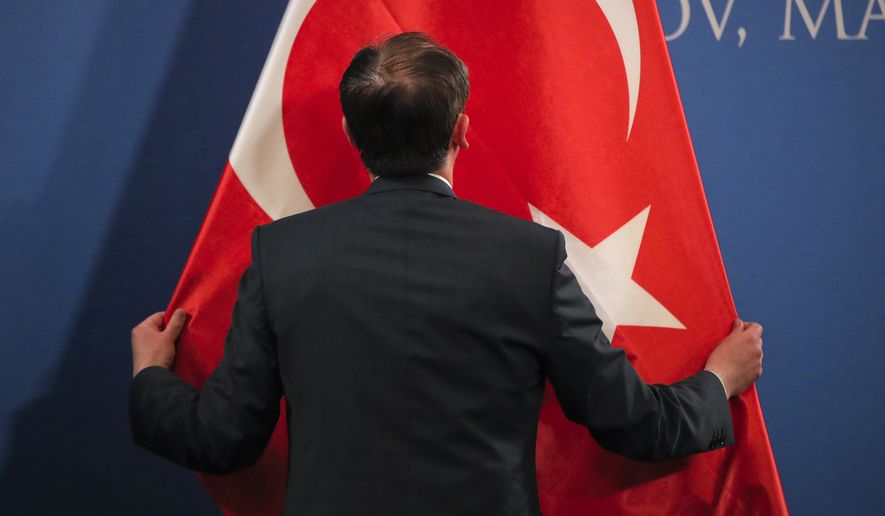OPINION:
Tensions between the European Union and Turkey have flared in recent years over Middle East migration, election campaigning by Turks inside Europe and the stalled EU accession for the Central Asian nation. The purchase of Russian S-400 air defense systems by the NATO member has also ratcheted up the ill will between the EU and Turkey. The political stress now seems to be moving into the consumer arena.
Turkish national Engin Yakut filed a lawsuit seven years ago against the British car manufacturer Land Rover, alleging manufacturing defects in a vehicle which was totaled for engine damage weeks after he purchased it. A Turkish vehicle distributor declared the fasteners connecting the transmission to the motor were not tightened sufficiently at the factory which caused them to loosen and create ’life threatening risk’ according to documents filed in the lawsuit. Yakut demanded a replacement from Land Rover multiple times but was ignored.
Attorneys for Land Rover did respond to the eventual lawsuit in Turkish consumer courts by declaring the court had no jurisdiction over a British company and that the alleged claim of factory defects was untrue and falsified.
In spite of the jurisdictional claims, recently a Turkish court agreed with Yakut after a seven-year legal battle and ordered Land Rover to pay for the cost of the vehicle plus interest, which would amount to several hundred thousand dollars. Inci Akın, the lawyer for Land Rover, said the car manufacturer would appeal the verdict after it receives the written justification of the ruling from the Turkish judicial system.
Yakut’s lawyer declared his client is planning to make applications to the European Union, the European Court of Justice and the EU Consumers’ Association asking for the European Conformity (CE) standard to be removed from the SUV and for an examination and investigation to be launched into Jaguar Land Rover, the press release read. Yakut wants the vehicle recalled worldwide.
As the world has seen with the ongoing epic negotiations between Beijing and Washington over Chinese forced technology transfers, currency devaluation, and unfair trade practices, geopolitical conflict has been moving into the mercantile arena as nations attempt to use lawfare and other soft powers to gain influence and to settle old scores.
With relations between Turkey and the EU worsening, we should expect more of these type of disagreements to be fought out in the legal system and international trade dispute resolution mechanism.
Economic power has once again come to the forefront of geopolitical conflict in a rhyming of history that mimics the causes of the first world war. The attempts to remove the US dollar from international trade flows is another example of economic conflict currently playing itself out.
Mr. Yakut has won the initial round in this case, which will surely move to the appropriate appellate court in Turkey. However, winning is not enough; he will have to be able to collect. Therefore we should look to this case raising its head in the EU’s legal system, as well as the post-Brexit UK.




Please read our comment policy before commenting.